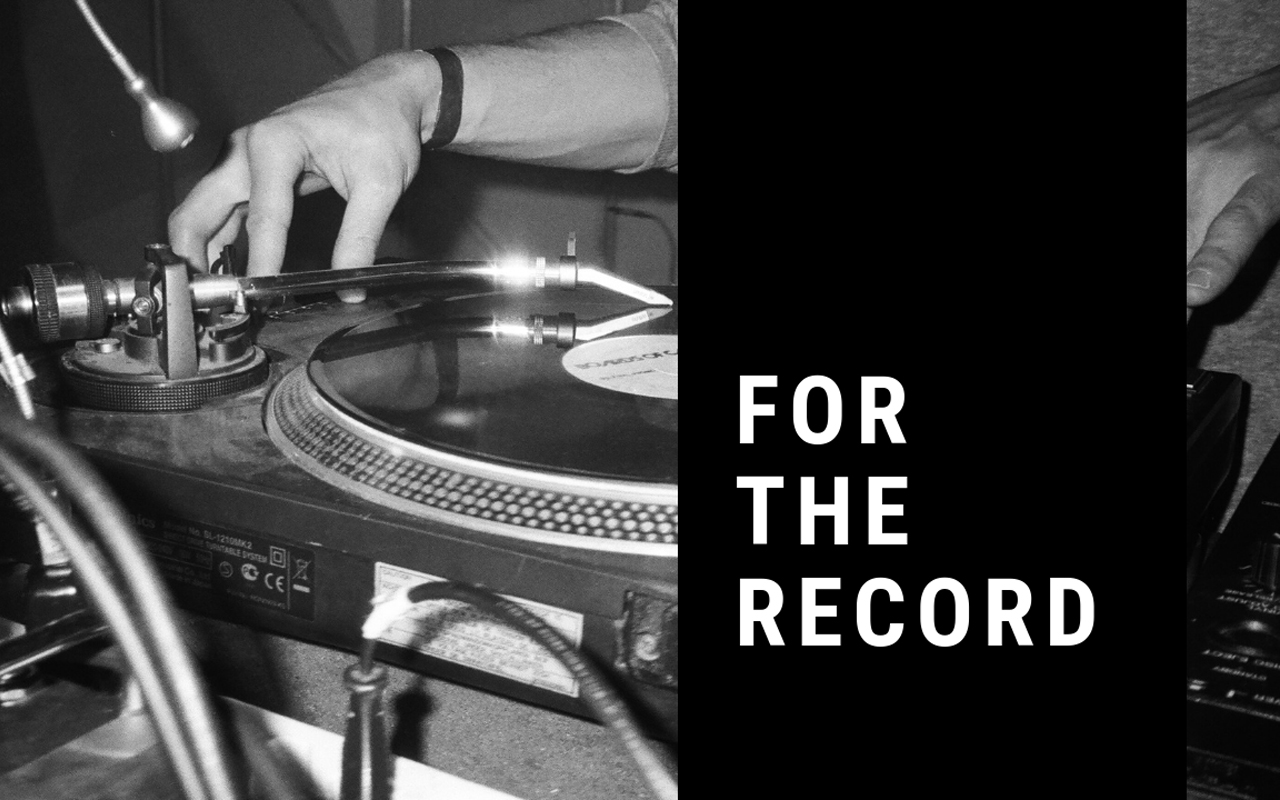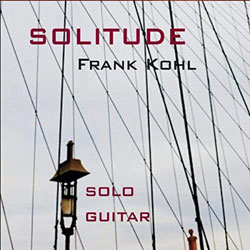
Frank Kohl
Solitude
SELF-RELEASED

In jazz music, solo performances on piano or guitar are the noblest of ventures. No other format leaves the artist quite so vulnerable, and represents a task so daunting. The rewards are rich however, for once the player achieves a portion of success in pairing melody and harmony, the music can go in any direction that the player wishes.
Guitarist Frank Kohl has run the proverbial gamut as a jazz guitarist. His journey has taken him from his native New York City, to the San Francisco Bay, and since 1990, to his adopted home in Seattle. All the while, he has maintained his precision playing within the great jazz guitar tradition that includes heavyweights Jim Hall, Grant Green, Barney Kessel, and Peter Bernstein.
With Solitude, the entire sum of Kohl’s creative intuitions come to light, illuminated by the oneness of his warm, exquisite tone. His sound is barely amplified and is characterized by his mastery of the harmonic, melodic, and rhythmic elements of whatever piece he chooses to interpret. In a sense, his playing is aural, playing ideas that come to mind in the moment, as opposed to relying on set patterns his fingers may chance upon. These are the essential points that draw a listener into a solo performance, more so than the particular tunes chosen to perform. In Kohl’s case, the clarity of his technique is almost an afterthought, a vessel to carry his expressive capabilities.
Kohl composed about half of the album’s thirteen tunes, and also included standards—from Ellington’s “I Got it Bad,” to the Jobim gem, “Once I Loved.” His intimate relationship with originals truly comes through, as the lush, memorable melodies are strongly stated enough to stand on their own. “Solitude” and “Still Missing You” offer rich melodies steeped in melancholia, accentuated with grace and beauty by Kohl’s colorful voicings, and daring connecting runs. It is within his own tunes that he need not feel indebted to tradition, or past masters. In either case, he knows how to create space and pause within a tune, surrounding the listener with its beatific qualities.
The great solo guitarists are remarkably proficient at interpreting the nuances of bebop and post-bop vocabulary in an orchestral sense. Solitude presents Kohl at his introspective best, lyrically and spontaneously setting himself apart from common expectations. –Paul Rauch